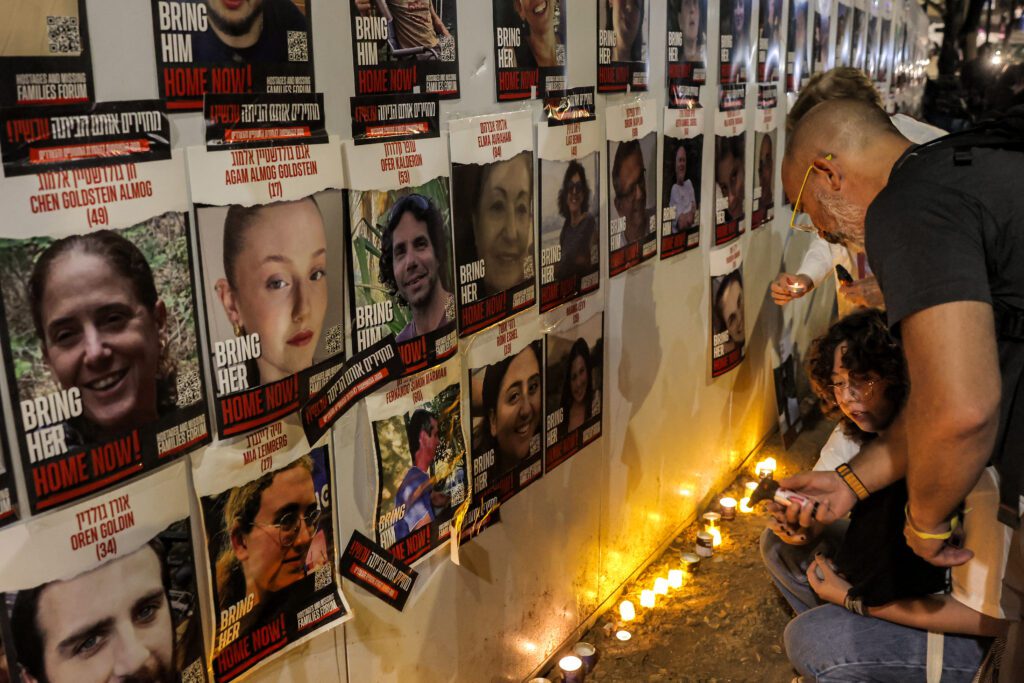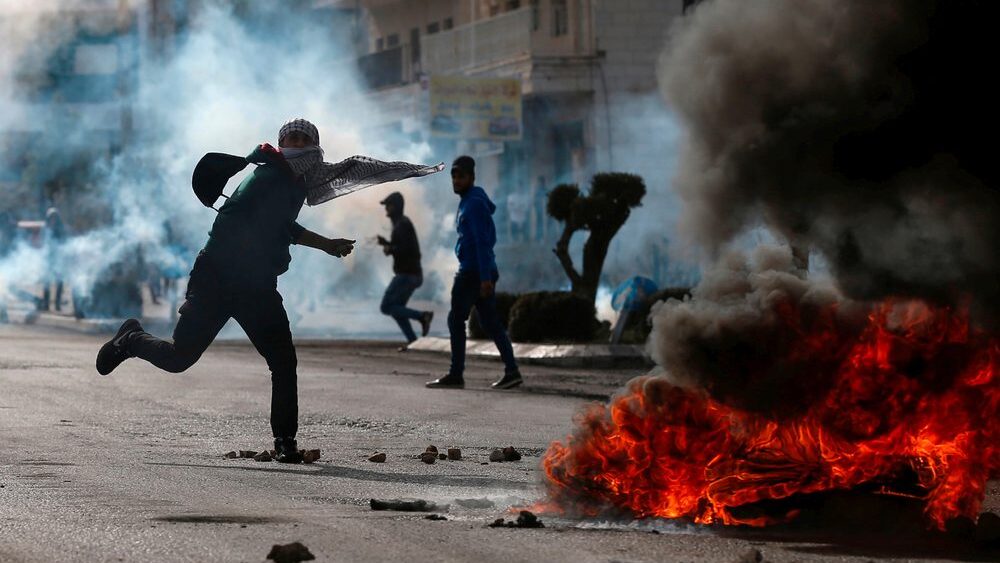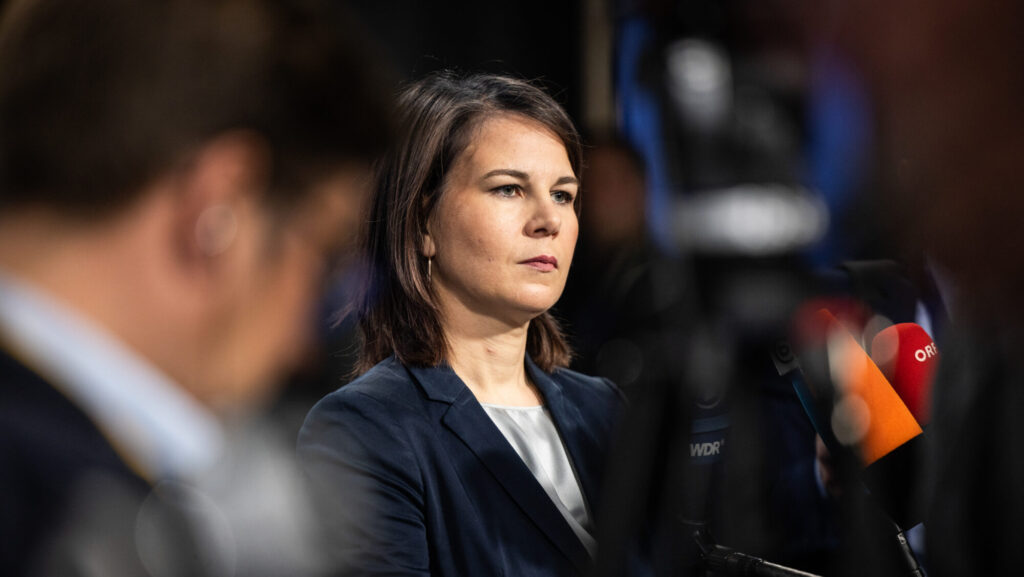
Critics warn the plans to give every EU citizen an ‘eID’ will create a “surveillance state.”

Months of lobbying from the Left appear to have finally succeeded.

The Taliban could be using money from human trafficking to finance terrorist acts, an intelligence report says.

Hungary may find the right approach to lobby Austria on behalf of Romania’s Schengen accession

Giving in to Hamas’ blackmail would only lead to more violence, Israel argues, but ramps up diplomatic efforts to free the two hundred hostages trapped in Gaza and largely forgotten by the West.

“They try to equate Jewish settlers with Hamas. But there is no equation between murderous terrorists and people trying to defend their families,” the chairwoman of My Israel told The European Conservative.

Foreign ministers meeting in Berlin could also be open to a more à la carte-type of integration before Ukraine and others join the bloc.

The Slovakian overnight operation with drones, dogs, and hundreds of border guards “sent a clear message to human smugglers.”

Leaked documents show Irish taxpayers pay €34 million a month to house migrants in 176 hotels—plus funding hundreds of other accommodations.

The Commission admitted that EU funds may have been misused by the PA to pay militants and that children are still being indoctrinated in UN-run public schools—pledging much more vigilance in the future.

“Fanatic” Eurofederalists in the Parliament, supported by a large leftist majority, would reduce the role of member states to that of a German state or Swiss canton, MEP Jacek Saryusz-Wolski explained.

The decision comes as the commissioner responsible for drafting the plan is caught up in an extensive conflict of interests scandal.